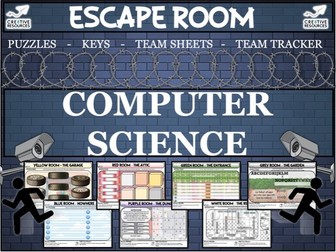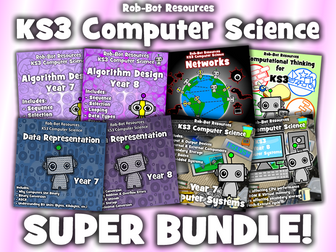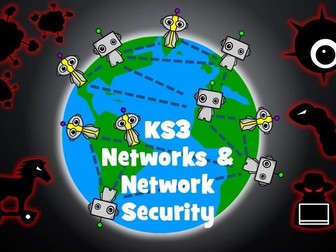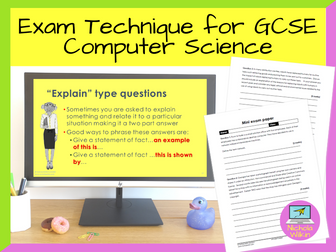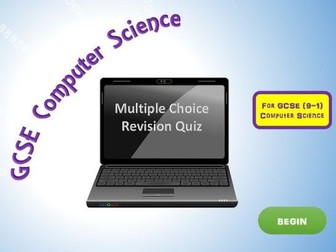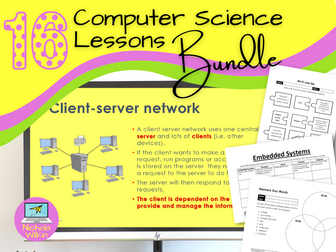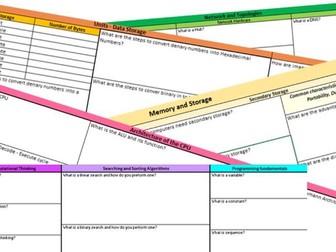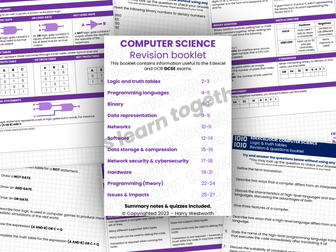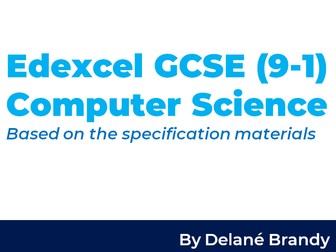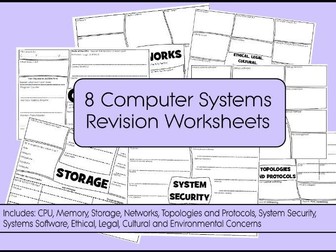
Computer science display periodic table
Computer Science periodic table wall display of key terms in programming.
Wall display for ICT and Computer Science classroom.
Key terms and keywords with definitions for programming in Python.
Contains 32 key words used in programming with definitions under each one.
Grouped together as publisher documents to easily print all 4 groups seperately.
PLEASE NOTE: You will recieve 8 documents with this download.
4 documents are the coloured version to be printed out on white paper.
The other 4 are black images with transparent text created on Photoshop to allow you to print on coloured paper of your choice.
All files are Publisher Documents ready to be printed.

